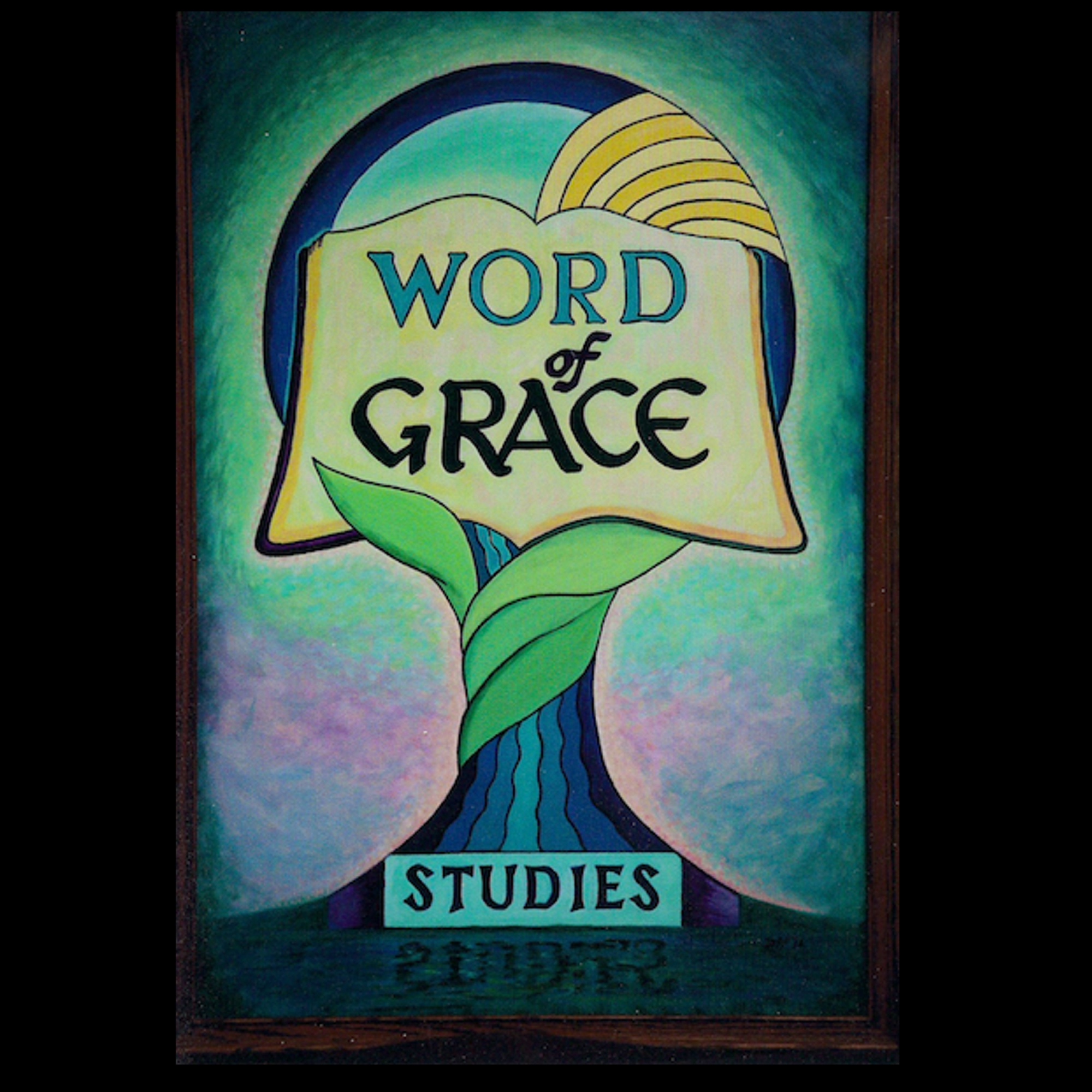Administration (προΐστημι)
Often translated as “Rule”, “Administration” comes from a word that means, “to stand before”, and is used concerning those in a leading position. This is not the type of ruling where a person is the final word on all matters, such as a king or lord, Matthew 20:25.
Those who have the Spiritual gift of administration are to lead with diligence, Romans 12:8. Within the assembly we should recognize the labor of those in a leadership position, 1 Thessalonians 5:12. Neither of these activities exercise lordship over others. The one with the Spiritual gift of administration will naturally take a leadership role in organizing and managing when fellowshipping and showing love towards other saints. Within the local assembly there can be lead positions other than the Pastor and Deacons. These types of positions would relate to teaching and the managing of the daily tasks, or events for the church, under the authority of the Pastor and Deacons.
“Ruling” is not the same as being the master or head of the household. The father is the head of the household, but the wife is the master (despot), 1 Timothy 5:14. As the head of the family, the father is responsible for knowing and following the desirous will of God for them, Ephesians 5:28-33. The wife manages the household where the husband is the head to give directions relating to God’s will and administers over the household. Therefore, the wife is placed into a proper position with the husband, who being the head, brings her alongside to rule with him, not under him, for she is a helpmeet, not a servant.
The man who holds the position of a pastor is to rule (administer) his household properly, 1 Timothy 3:4-5. […]


